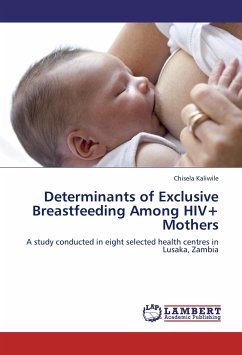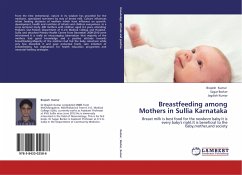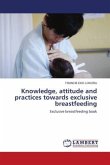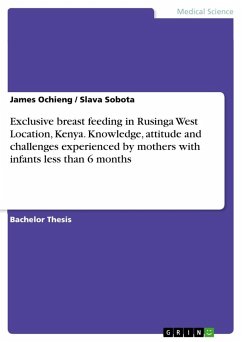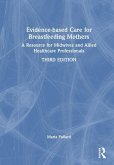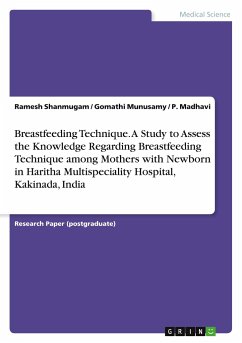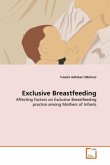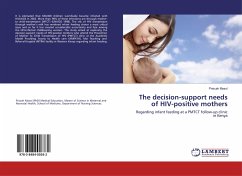Exclusive breastfeeding practice in high prevalence settings remains a challenge because of likelihood of HIV transmission through breast milk. In the context of HIV, Zambia recommends exclusive breastfeeding for HIV-positive mothers for first six months of life unless replacement feeding is acceptable, feasible, affordable, sustainable and safe for them, and their infants (MOH&NFNC2007). This recommendation is based on the World Health Organization 2006 guidance on HIV, and Infant Feeding in the context of HIV. The study hypothesised that socio-demographic characteristics, cultural beliefs, service characteristics, and maternal related characteristics influence EBF option among the HIV positive mothers. Detailed methodology regarding aspects of data collection, and analysis are highlighted in chapter four of this book. The book provides detailed results in chapter five, and suggestions for improvement, and future research. The information contained in this book is useful for policy makers, infant and young child feeding counselors, lactating mothers, and community support systems in their quest to improve infant and young child feeding practices especially in the context of HIV.
Bitte wählen Sie Ihr Anliegen aus.
Rechnungen
Retourenschein anfordern
Bestellstatus
Storno

